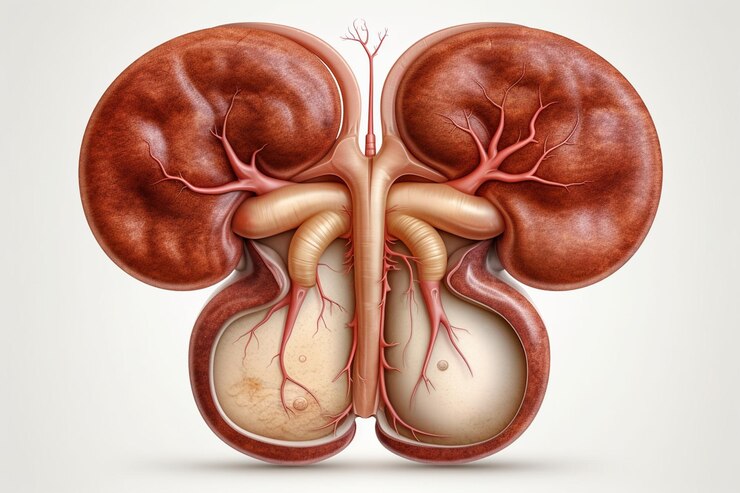How To Lower Creatinine Levels Natural And Nutritional Recommendations
6 Mins Read
Published on: 15 September 2023
Last Updated on: 08 December 2023

toc impalement
A high level of creatinine in the blood can indicate kidney dysfunction or other underlying health issues.
It is essential to maintain healthy creatinine levels to ensure optimal kidney function and overall well-being. Although medical intervention may be necessary in severe cases, there are several natural methods and dietary tips that can help control creatinine levels effectively.


















Comments Are Closed For This Article